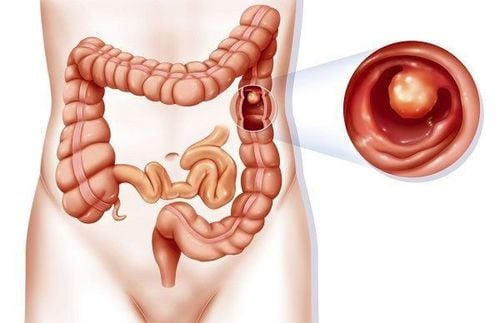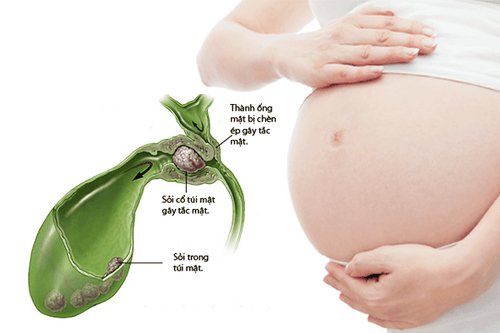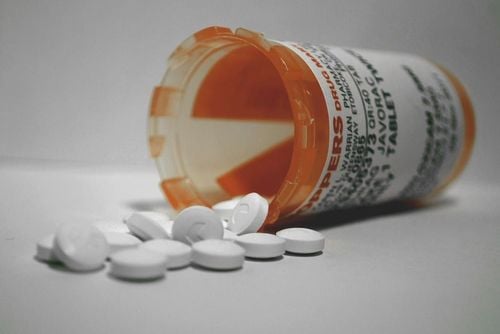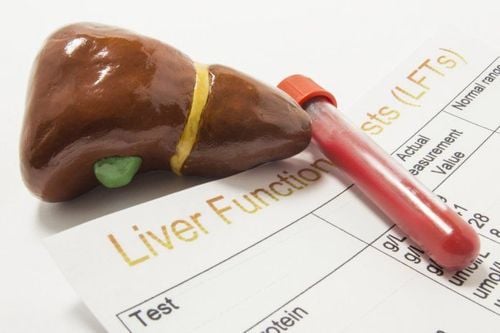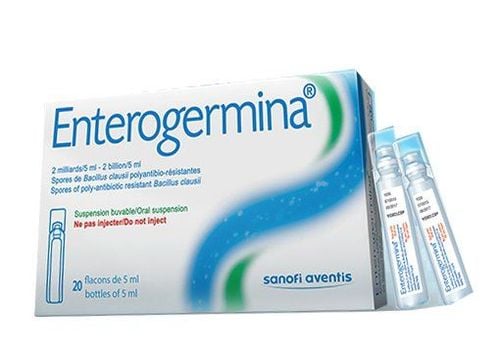Drinking coffee not only enhances alertness when needed but also has the potential to prevent certain diseases if consumed appropriately. However, individuals with liver diseases often worry about the impact of coffee on liver function. Let's explore the reality: "Is drinking milk coffee harmful to the liver?"
1. Benefits and Risks of Drinking Coffee
1.1. Benefits
Coffee contains numerous beneficial compounds for our health. When consumed properly and not in excess, it can yield many health benefits, such as:
- Providing additional essential minerals, including vitamins B12, B5, B3, manganese, potassium, and magnesium.
- Improving cognitive function and helping to maintain alertness. Coffee reduces fatigue and enhances energy for work activities due to chemical compounds in coffee that inhibit neurotransmitter production in the brain.
- Reducing excess body fat and helping to maintain a healthy weight due to the presence of certain compounds in coffee.
- Lowering the risk of developing diabetes when coffee is consumed correctly.
- Decreasing the risk of neurodegenerative diseases such as Alzheimer's and Parkinson’s disease.
- Consuming coffee can reduce the risk of depression by approximately 20% compared to non-consumers.
- The liver is an organ with hundreds of different functions. It can be easily damaged by various factors; therefore, daily coffee consumption may help to mitigate risks to liver health.
1.2. Risks
Coffee possesses numerous health benefits when consumed appropriately. However, improper usage or abuse can also lead to adverse effects. Some potential side effects from excessive coffee consumption may include:
- Adverse effects on children if used regularly to enhance alertness, potentially causing abnormalities in their developmental processes. Symptoms may include dizziness, anxiety, drowsiness, rapid heartbeat, vomiting, and fainting.
- Caffeine may lead to insomnia: Caffeine stimulates the nervous system, creating feelings of alertness and difficulty sleeping; thus, coffee should not be consumed before bedtime, especially by those with a history of insomnia.
- Headaches: Adequate and regular coffee consumption can alleviate headaches. However, excessive caffeine intake can lead to headaches and may induce migraines.
- Caffeine allergy: Some individuals who are sensitive to caffeine or other compounds in coffee may exhibit allergic reactions, such as skin rashes.
- Chest pain: After consuming large amounts of coffee, the heart contracts more forcefully. This increased contraction can result in sensations of chest pain, potentially impacting overall health.
- Disruption of bone growth: Caffeine can hinder bone development, increasing the risk of fractures. This effect is dose-dependent; thus, higher consumption correlates with greater risk. Notably, in school-aged children, disruptions in bone development can affect future height and body composition.

Furthermore, there is a concern that individuals are at risk of consuming counterfeit coffee or coffee of substandard quality. The consumption of such coffee not only fails to confer the potential health benefits associated with genuine coffee but may also expose consumers to adverse effects resulting from industrial production processes. Certain constituents that could pose health risks include colorants, thickening agents, bittering agents, sweeteners, and foaming agents.
2. Does Drinking Coffee Affect the Liver?
The inquiry regarding whether drinking coffee harms the liver is one posed by many individuals. In reality, when consumed correctly, coffee not only does not harm the liver but may also offer protective benefits for this organ.
Research has categorized coffee as one of the beneficial foods for liver health. Studies have indicated that individuals who consume coffee regularly experience a reduced risk of hepatocellular carcinoma.
Coffee contains a significant amount of antioxidants, which may also contribute to its role in preventing liver cancer and liver disease. The liver is particularly affected by oxidative substances, leading to liver pathology.
Moreover, many young individuals prefer milk coffee. Is consuming milk coffee harmful to the liver? In reality, if the coffee is genuine, it can exhibit beneficial effects regardless of its form; even decaffeinated coffee has liver-protective properties. However, it is advisable to limit the intake of coffee with excessive milk and sweetness, as these additives may have negative health effects.

3. Considerations When Consuming Coffee
To utilize coffee in a judicious manner, one must be cognizant of several factors:
- It is advisable to consume pure coffee, avoiding products of uncertain provenance.
- The addition of sugar to coffee is discouraged, as it may elevate the risk of developing other health conditions.
- One should limit consumption to one cup per day, with a maximum of two cups.
- Coffee should ideally be consumed postprandially; preprandial intake may lead to symptoms such as discomfort and dizziness.
- Individuals exhibiting symptoms such as tachycardia, caffeine hypersensitivity, or hypertension should refrain from coffee consumption.
If consumed appropriately and in moderation, coffee can confer health benefits and promote liver health. However, excessive intake may heighten the risk of adverse health effects.
Please dial HOTLINE for more information or register for an appointment HERE. Download MyVinmec app to make appointments faster and to manage your bookings easily.
To arrange an appointment, please call HOTLINE or make your reservation directly HERE. You may also download the MyVinmec app to schedule appointments faster and manage your reservations more conveniently.
